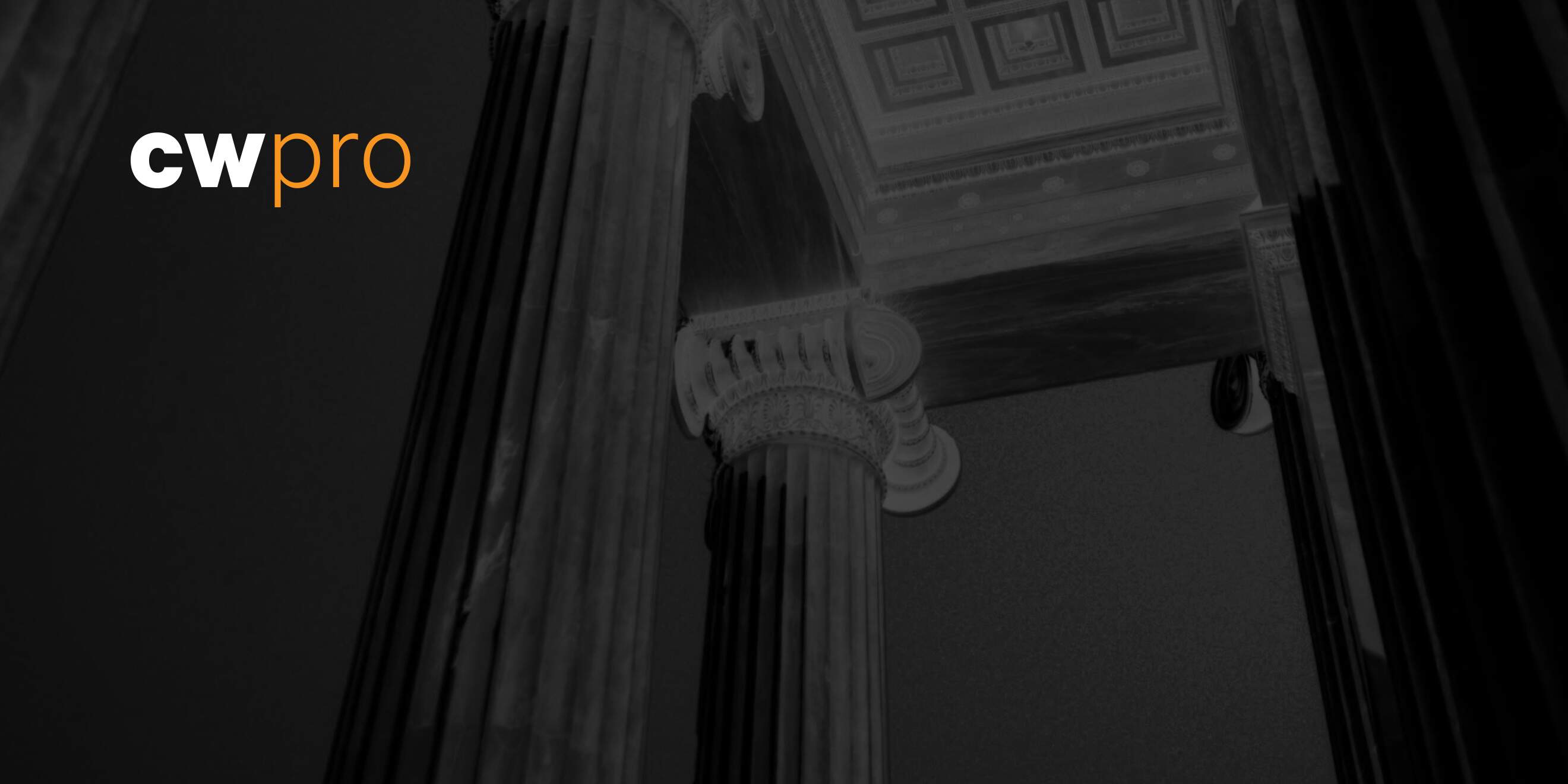At a glance.
- India and UK join forces in fighting cybercrime.
- EU requires more transparency from big tech, while US moves more slowly and Canada faces public pushback.
India and UK join forces in fighting cybercrime.
News 18 reports that India Prime Minister Narendra Modi and UK Prime Minister Boris Johnson met on Friday to reaffirm their commitment to securing the Indo-Pacific region against cyberthreats, a collaboration the two nations established in May 2021 in the Enhanced Cyber Security Partnership of the Vision 2030 agreement. “Through cyberspace, there is a digital living bridge that allows our citizens, students and businesses to interact and promote our shared prosperity. As we take advantage of the new opportunities this creates, we must also protect ourselves against evolving threats,” the leaders said in a joint statement released after their discussion. The Business Standard explains, the leaders expressed their concerns regarding other nations’ malicious cyberactivities and vowed to work together to combat Advanced Persistent Threats. Modi added, “We discussed several regional and international developments and stressed a free, open, inclusive and rule-based order in the Indo-Pacific.” Though details of the agreement have not been disclosed, Johnson said the two nations would collaborate on defense procurement “to meet threats across land, sea and air, space and cyber, including partnering on new fighter jet technology, maritime technologies to detect and respond to threats in the oceans.” Dawn notes that India is part of the Quad partnership with the US, Japan, and Australia that is considered a defensive alliance against increased Chinese assertiveness.
EU requires more transparency from big tech, while US moves more slowly and Canada faces public pushback.
iTWire reports that the European Parliament has passed the Digital Services Act (DSA), a legislation aimed at providing a more transparent and secure online environment. The law is intended to give more access to platforms’ algorithms, require online platforms to remove illegal products, reinforce protection of minors online (including as it pertains to targeted advertising), and keep users better informed about how content is marketed to them. Denmark's Christel Schaldemose, a member of the Progressive Alliance of Socialists and Democrats in the Parliament, commented, “Citizens will have better control over how their data is used by online platforms and big tech-companies. We have finally made sure that what is illegal offline is also illegal online…These new rules also guarantee more choice for users and new obligations for platforms on targeted ads, including bans to target minors and restricting data harvesting for profiling.”
The Verge notes that these obligations will greatly impact tech giants like Google and Meta, who will be required to be even more transparent than their smaller counterparts about how their algorithms control what content is delivered to users. “The greater the size, the greater the responsibilities of online platforms,” explained European Commission President Ursula von der Leyen. Big tech has been frantically lobbying to rein in the impact of both the DSA and the Digital Markets Act (an EU digital market competition law established last month), as detailed by a new report from civil society groups Corporate Europe Observatory and Global Witness. As TechCrunch notes, the report reveals that the big five collectively spent more than €27M on lobbying campaigns last year alone, with Apple taking the prize for the largest increase from 2020 to 2021. One of lobbyists’ main goals was to stall proposed bans on surveillance advertising, distracting lawmakers from big tech’s massive profits by expressing concerns that limiting tracking could negatively impact SMEs and news publishers.
The New York Times posits that the passage of the DSA demonstrates how the US is falling behind its European counterparts in defending the digital privacy rights of its citizens. While the EU has successfully created legislation to establish online protections, Congress has failed to pass a single comprehensive regulation to safeguard American internet users, stymied by partisan disagreements and pushback from tech corporations. Jeffrey Chester, the executive director of public interest group the Center for Digital Democracy, states, “Inertia is too kind of a word to describe what’s happened in the United States; there’s been a lack of will, courage and understanding of the problem and technologies.”
Meanwhile, lawmakers in Canada are also facing pushback for their attempt to establish a new internet regulator with the power to block websites deemed harmful or hateful. The Globe and Mail reports that in a newly released confidential letter to lawmakers, Twitter Canada compared the regulation to the extreme censorship experienced in authoritarian regimes. “People around the world have been blocked from accessing Twitter and other services in a similar manner as the one proposed by Canada by multiple authoritarian governments…under the false guise of ‘online safety,’ impeding peoples’ rights to access to information online,” the letter reads.
